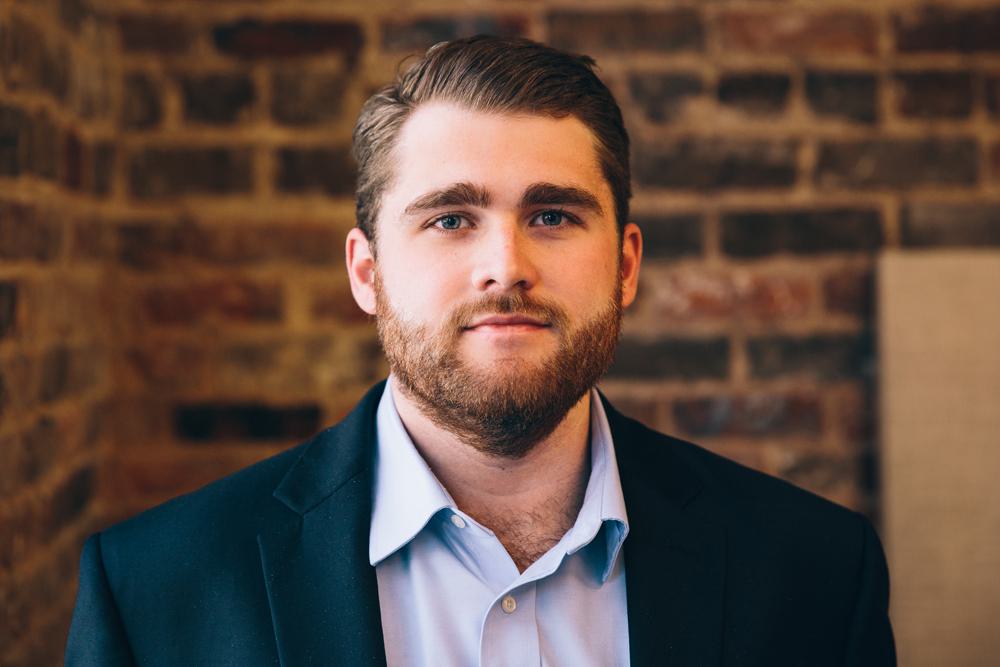See also: The guardian against misinformation is thinking, not government
In my last editorial, I presented my case for why the federal government cannot and should not act as an arbiter of truth, and why critical thinking, instead of any State-imposed regulation, is truly the best way to protect ourselves from lies and misunderstandings.
An important part of critical thinking is actively going out and seeking the truth.
We can’t rely on formal education to teach us everything we need to know, nor can we take what we see on the news or read on Facebook at face value. We must educate ourselves.
Today, we have more access to information than ever before. We have billions of e-books, articles and documentaries right at our fingertips.
I would be willing to guess that most people use the internet to waste their time, playing video games, scrolling mindlessly through social media, or draining their day away by binge-watching Netflix. Trust me. I’ve been guilty of this before. But it’s all a shame.
People who only consume whatever information conveniently falls in their laps are doing themselves a disservice. Generally, the easier information is to obtain, the more likely it is spun, filtered and distorted to fit an agenda.
It takes effort to educate yourself because you have to ask tough questions and search for multiple perspectives, even those we know for certain we don’t agree with. Just as atheists should not ignore Thomas Aquinas and C.S. Lewis, Christians should not ignore Ayn Rand or Frederick Nietzsche.
Most people have something true to say, even if 99.99% of what they say is incorrect. And, even if you don’t agree with anything they have to say, you can at least strengthen your confidence in your own belief by weighing it against theirs.
With services like Audible, Spotify, YouTube and Kindle, it's feasible to find multiple perspectives on the same subject, whether a recorded lecture, podcast, e-book or audiobook. Physical copies of books can be bought online at store prices, sometimes with free and efficient shipping.
If you’re short on cash, try investing in cheaper services like Scribd, an online library of audiobooks, e-books and pdfs which is only around $10 a month. Or look for cheap used books on Ebay or Thriftbooks.
Of course, your local library has a plethora of resources available to check out, including physical books, e-books and audiobooks. If your local branch doesn't have exactly what you are look for, you can often request it from another library.
I’ve found YouTube has a handful of audiobooks completely for free. It also has an almost unlimited selection of podcasts and informative presentations.
Many think tanks have online libraries with free material, and more can be found across the billions of websites in existence.
I prefer to organize my own learning into “units” by picking a subject that I will commit to for anywhere from two to four weeks at a time. For instance, one month I might be reading about English history before 1066. The next month, I might read about fitness and nutrition, then about Christian theology.
I like to begin with broader subjects and narrow them down as I revisit them in later units. A unit on economics, then, could be narrowed down months later to separate units on monetary theory, trade cycles or economic history.
If a subject is highly controversial, I usually try to touch on different perspectives, either all in one unit together or in later units.
Of course, self-education doesn’t mean spending every waking hour buried in books or forgoing everything else that’s important to scrounge through the internet. It merely means we have to put in the effort to acquire information of our own volition, and not rely on what is conveniently delivered to us by other people.
At the end of the day, we can’t and won’t know everything. All the digging, questioning, and researching in the world could not change that.
That’s why we have to be sure to take the time to slow down, find time for silence, escape the chaotic world, pray, meditate and look within. As Christians, we need to find the law written on our hearts and listen to our consciences.
This is something I, personally, have to get better at. It’s so easy to get caught up in the fuss, the details, and the endless questions. It’s too easy to stray from what is ultimately important.
This is not to mention that some answers can only come from God, and if we don’t take the time to listen to Him, we will never truly hear Him.
Will Blakely is a reporter for 1819 News. You can contact him at Will.Blakely@1819News.com The views and opinions expressed here are those of the author and do not necessarily reflect the policy or position of 1819 News. To comment, please send an email with your name and contact information to Commentary@1819News.com










